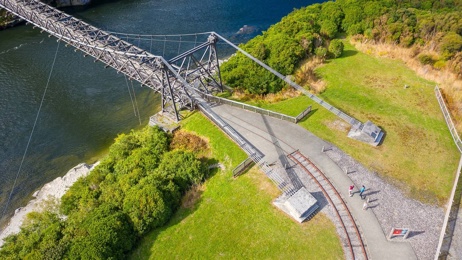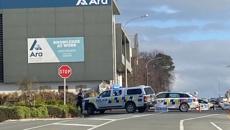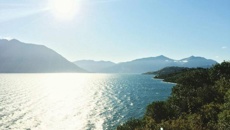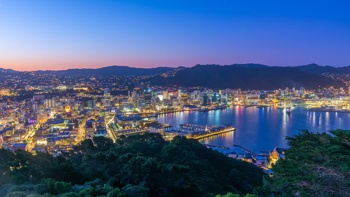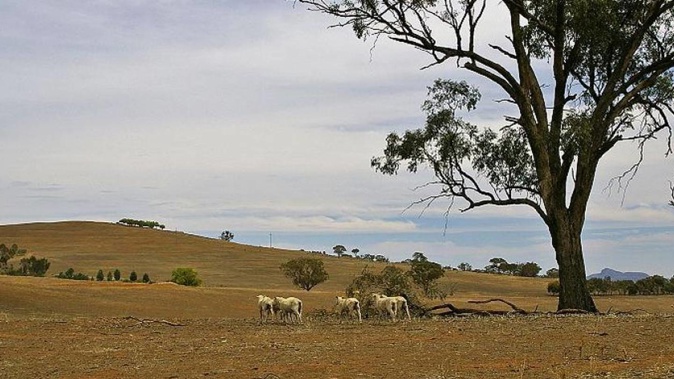
The Government has announced support for Southern farmers and growers as they deal with the impacts of the current drought.
Agriculture Minister Damien O'Connor today classified the drought conditions in Southland and Clutha and Queenstown Lakes districts as "a medium-scale adverse event"
"Southland and parts of Otago have been in the grip of an intense dry spell since the start of 2022 and the impacts of this are being felt," he said.
"This adverse event classification will unlock up to $100,000 in Government funding to support farmers and growers from now until October 2022."
Rainfall on the South Coast has been the lowest since records began 50 years ago and some rivers are at levels only seen about every 80 years. Conditions are also very dry in the rest of Southland, as well as in Queenstown Lakes and Clutha Districts.
In addition to having a very dry summer, Southland has had one of the driest years to date when compared to other years. The region has had about 57 percent of the normal rainfall. Coastal areas have only had 49 percent of the normal rainfall, Environment Southland said in a statement this afternoon.
"This is the driest year to date since Environment Southland's records began in 1970."
The drought coupled with pandemic disruption to meat processing has contributed to added strain on people, O'Connor said.
"Our primary sector is crucial to our economic recovery from Covid-19. While currently returning record exports, the sector is exposed to climatic events and where we can support them through we will, while also working in partnership to strengthen the climate resilience of the sector in future.
"The funding will go to the Southland and Otago Rural Support Trusts to help with both one on one support and community events, with extra technical advice also available from industry groups, including feed planning advice.
"Rural Support Trusts, Federated Farmers, other primary sector groups and councils have been meeting for some weeks and offering a range of support for farmers. This Government support means they can go that extra mile".
Water shortage
Environment Southland has taken the unprecedented step of issuing a Water Shortage Direction covering the whole of Southland.
The direction, which will initially be in place for 14 days, directs that irrigation water takes are required to cease immediately.
Environment Southland chief executive Rob Phillips said the current level of rivers and aquifers and the lack of rainfall predicted over the next few weeks has meant that we have issued this first water shortage direction.
"The intention with the water shortage direction is that by removing water takes for irrigation we will be able to ease some of the pressure on our rivers and aquifers," Phillips said.
"Some rivers and aquifers are now at critical levels, and while we acknowledge this direction will create challenges, we must take action to reduce water use in order to protect the health of the rivers, while ensuring we still provide for essential human and animal health water supplies."
Environment Southland will be actively monitoring water levels and consent activity, and may need to issue further directions for other activities in the near future.
"Working with those impacted is incredibly important. We know the rural community in particular is dealing with both this water shortage and staff shortages due to Covid, and this is affecting our processing industries as well," Phillips said.
"Many farmers are taking action now, and we'll continuing to work with the Rural Support Trust, councils and others to support those most affected."
Councils have put water restrictions in place across most of Southland, and Fire and Emergency New Zealand has issued a complete fire ban for Southland.
"We urge all Southlanders to consider your household, farm and business water use and look at where you can make some savings."
Take your Radio, Podcasts and Music with you



